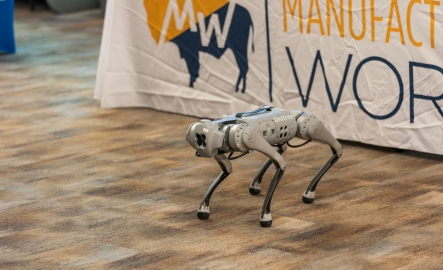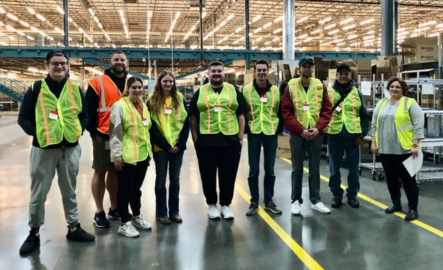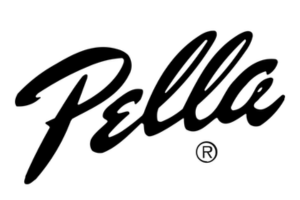About the Supply Chain Management Degree and Minor
Explore Your Path in Supply Chain Management
UW offers two flexible ways to study supply chain management—choose a minor or a focus
area within the management major. Both options prepare you to solve real-world business
challenges by designing agile, efficient, and resilient supply chains. You’ll gain
practical skills in logistics, supplier relationship management, quality improvement,
and risk mitigation—essential for managing today’s complex global networks.
Supply Chain Focus (for Management Majors)
Pursue a concentration in supply chain as part of your B.S.B. in Management by completing
12 credit hours. You’ll take three core courses plus one elective tailored to your
interests and career goals.
Supply Chain Minor (for All Majors)
Complement any major with a 15-credit minor in supply chain management. You’ll complete
four required courses and one elective, equipping you with in-demand skills to stand
out in any industry.

As an AACSB Accredited Business School - a standard of quality and excellence held by fewer than 5% of business schools worldwide - you are guaranteed an education that meets industry expectations and prepares you to make an immediate impact. Every business major will walk away with a toolbelt ready for any business endeavor.
Students pursuing a B.S.B. in management may declare a supply chain management focus. Alternatively, students pursuing another UW undergraduate degree may pursue a supply chain management minor/

Study supply chain management online
Learn how to shape the future of global business from anywhere! UW’s supply chain management programs are offered online so that you can expand your skillset, regardless of your location. This added flexibility allows busy students and professionals to pursue management degrees and supply chain minors entirely online.
UW OnlineWhat can you do with a supply chain management degree?
Graduates have the skills and strategic mindset needed to thrive in a wide variety of operations roles, including procurement, logistics, inventory management and consulting. Supply chain roles are available across all major industries, including manufacturing, energy, food production, technology, healthcare, retail and more.
A degree in supply chain management opens the door to high-impact careers across nearly every industry—from tech and healthcare to manufacturing, retail, energy, and beyond. Graduates are equipped with in-demand skills in sourcing, logistics, data analytics, inventory management, and operations strategy—making them valuable assets in roles such as:
- Procurement Analyst
- Logistics Coordinator
- Supply Chain Planner
- Operations Manager
- Inventory Control Specialist
- Sustainability or ESG Analyst
- Supply Chain Consultant
Supply chain is one of the fastest-growing fields in business. As companies navigate the challenges of globalization, automation, and sustainability, demand for supply chain professionals continues to surge. According to the U.S. Bureau of Labor Statistics, jobs for supply chain and logistics managers are projected to grow by 19% from 2023 to 2033—nearly four times faster than the national average. In fact, the supply chain touches nearly every aspect of the economy, representing over 37% of all U.S. jobs.
Yes—supply chain careers are at the forefront of sustainability and innovation. Whether it's reducing emissions through smarter logistics or improving supplier transparency, supply chain professionals are driving environmental and social responsibility in business. With a supply chain degree, you'll be ready to lead sustainable solutions that deliver real value for companies and the world.
Interested in Partnering With Us?
We’re always excited to welcome new industry partners. If your company is interested in getting involved—whether through internships, projects, events or board service—we’d love to connect.
We love building strong relationships with new partners and are proud to recognize Fastenal and Pella as the founding corporate partners for the Supply Chain Management Program. Their early support and ongoing collaboration have played a key role in shaping the program and creating valuable opportunities for students.



"Learning about supply chains was one of the most valuable experiences in my education. I loved diving into supply chain management, and I’ve found myself applying that knowledge time and time again because nearly every business, in some way, relies on a supply chain. The more you understand it, the more impact you can make in any industry."
- Sage Kohr | Account & Project Manager | Manufacturing Works


